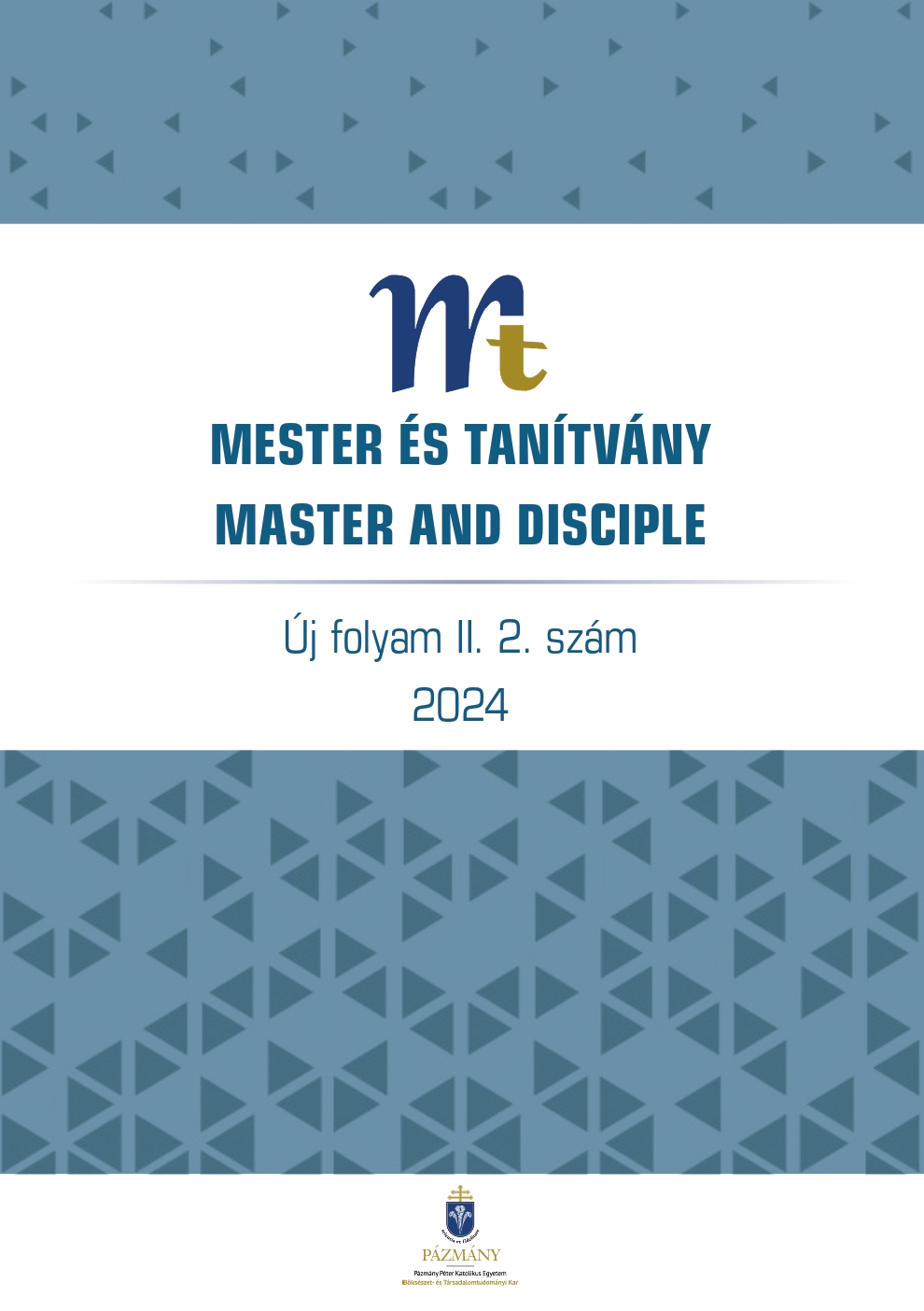Published 07-01-2025
Copyright (c) 2024 Anita Ladnai Attiláné

This work is licensed under a Creative Commons Attribution 4.0 International License.
Abstract
The aim of inclusive education is to provide appropriate learning pathways and opportunities for all students, taking into account children’s individual abilities, special educational needs and specific requirements. By building on learners’ strengths, educators increase their self confidence and motivation, thus helping them to overcome barriers to learning (Seligman et al), Furthermore, promoting positive emotions reduces stress and anxiety about learning, particularlyfor learners with special educational needs (Norrish et al., 2013). Seligman’s approach also highlights the importance of developing resilience, which is crucial in an inclusive educational setting (Varga 2012, Seligman, 2011. Where this is done through subject integration, it can also be easily integrated into the curricular framework. Experiencing a sense of community and strengthening social connections can further enhance the social inclusion of marginalised learners, supporting the objectives of inclusive education. This paper presents tools and techniques explored through desk research to support inclusive learning for students in secondary education. Overall, the integration of positive education into inclusive education provides an opportunity to improve the mental health of students with special educational needs emphasize their strengths and strengthen community relationships. In this way, education not only improves students’ academic outcomes but also significantly enhances their overall well-being, contributing to the success of inclusive education.
References
- • Norrish, J. M., Williams, P., O’Connor, M., & Robinson, J. (2013). An applied framework for positive education. International Journal of Wellbeing, 3(2), 147-161.
- • Seligman, M. E. P., Ernst, R. M., Gillham, J., Reivich, K., & Linkins, M. (2009). Positive education: Positive psychology and classroom interventions. Oxford Review of Education, 35(3), 293-311.
- • Seligman, M. E. P. (2011). Flourish: A visionary new understanding of happiness and well-being. New York: Free Press
- • VARGA A. (2012): Az esélyegyenlőség és az inklúzió értelmezési keretei. In: BECK Z. – CSERTI CS.T. (szerk.): Fontos Pont a Hegyhát ifjúság életében! PTE BTK Romológia és Nevelésszociológia Tanszék – Sásd Város Önkormányzata 126-146


